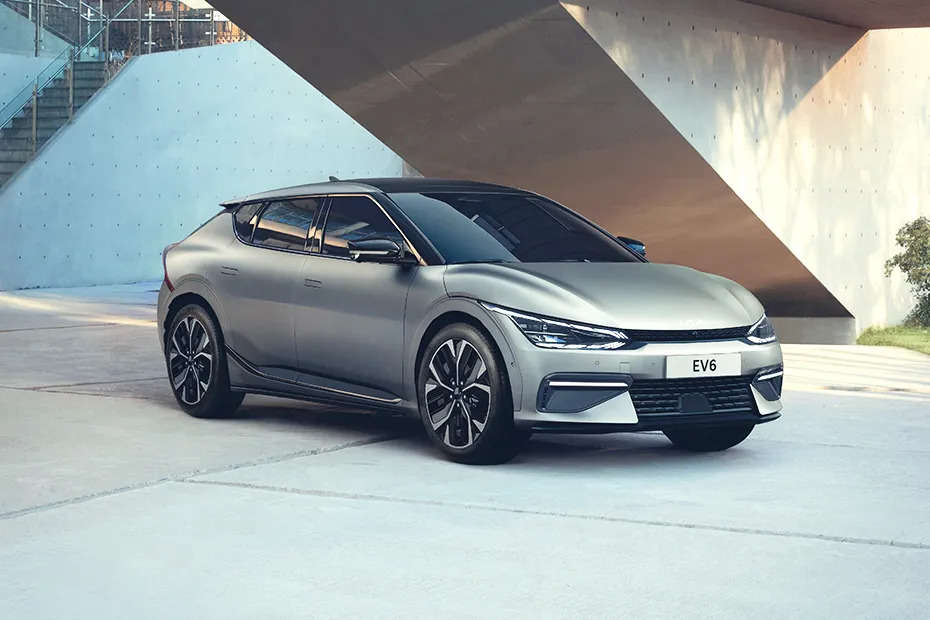
New Delhi: Hyundai Motor India rolls out a new passenger vehicle from its Chennai manufacturing facility every 30 seconds, making 131 vehicles every hour on a three shift basis, six days a week. This manufacturing facility is one of the biggest single location passenger vehicle plants anywhere in India and the already high rate of vehicle production here will get a further boost when the company’s second facility, at Talegaon (Maharashtra), goes on stream by the middle of next fiscal year. Later, when this facility becomes fully operational, Hyundai’s total manufacturing capacity will breach the one million unit mark (at 10.74 lakh units). Increased manufacturing prowess is critical for Hyundai to keep pace with an intensely competitive and expanding passenger vehicle market, in India as well as overseas. And the emphasis on economies of scale and large investments already made in ramping up vehicle capacities would likely stand Hyundai in good stead, as it aims for increased share of vehicle exports while also simultaneously tightening its grip on the domestic market. India remains one of the fastest growing passenger vehicle markets on the planet and Hyundai is only second to homegrown Maruti Suzuki India in domestic as well as export market shares. In fact, in the five years since FY19, market leader Maruti Suzuki India has ceded share – from 52% in FY19 to 43% in FY24 (till February) and while others such as Tata Motors have gained some share, Hyundai has retained its share as the second largest vehicle maker with 15-18% range. Hyundai also remains India’s largest car exporter cumulatively between FY2005 to FY24, or for nearly two decades.
Now, as Hyundai Motor India has filed a draft red herring prospectus for raising Rs 25,000 crore through an Initial Public Offer (IPO), the competition in the domestic market is getting more intense due to premiumisation, increased electrification and consumer preference shifting decidedly away from hatchbacks, towards SUVs. Also, government’s policies – including the latest one called EVehicle policy which allows imports of cars at significantly lower import duties in return for setting up fresh local manufacturing – would bring fresh challenges for passenger vehicle manufacturers with large existing capacities.
In this backdrop, Hyundai is expected to use the proceeds of this IPO to not just enhance its manufacturing prowess and processes but also in developing new vehicle platforms and in significantly increasing its electric vehicle play.
Since it first arrived in India in 1996, Hyundai has invested close to Rs 30,000 crore and is looking to more than double this figure with fresh investment of about Rs 32,000 crore in establishing an electric vehicle and parts’ manufacturing ecosystem besides the Talegaon facility.
Things of interest from the Hyundai IPO filing:
- Citing company financial reports and CRISIL data, the DRHP shows that despite reporting just about half the operating revenue compared to market leader Maruti, Hyundai Motor India had higher return on capital employed as well as higher return on networth in FY23. Hyundai’s operating margin was 9.1% versus Maruti’s 8.5%, with Mahindra & Mahindra reporting the highest operating margin at 12.3% margin. Tata Motors was at just 1%.
- Hyundai’s share of electric vehicle retails was just 2% in FY24 in the domestic market while Tata Motors remained the market leader by far with 71% share. MG Motor India was more than twice Hyundai at 7% share. Hyundai introduced an electric mass market SUV, Kona Electric, in 2019 and Ioniq 5 in 2023. It has developed a dedicated EV platform ‘E-GMP’ and also adapted platforms for BEVs in India. In the pipeline are four new EVs for India. But is Hyundai already late to the EV party?
- There is already an MoU in place with the Tamil Nadu government for investment of Rs 20,000 crore till 2032. This money will be deployed in developing new EVs, increasing EV production at Chennai, setting up a battery pack assembly unit and installing charging stations across highways and big cities.
- Then, a battery assembly plant with an annual capacity of 75,000 battery packs is already coming up in Chennai. Also, the parent of the Indian arm, Hyundai Motor Company, and Kia Corporation have already signed an MoU with Exide Corporation for battery localisation in India.
- Hyundai has gained share in the SUV space, which is the fastest growing within PVs in the domestic market. In FY19, hatchbacks accounted for nearly one in two vehicles sold but their share shrunk to just about one in three by FY23. In the same period, the share of SUVs nearly doubled to 44% and to about 50% by FY24. Through such turmoil, Hyundai has maintained its second position overall, with models such as Creta (introduced in 2016), followed by Venue, Aura and Kona. The question now is whether going forward, it can continue to retain its market share despite aggressive launches by competitors in the SUV and the fast paced growth in electric vehicle space.
- In calendar 2023, Hyundai Motor India reported over 27% growth in revenues of Rs 60,307 crore and nearly a fourth of the topline came from export earnings. Profit was Rs 4709 crore. ends
















